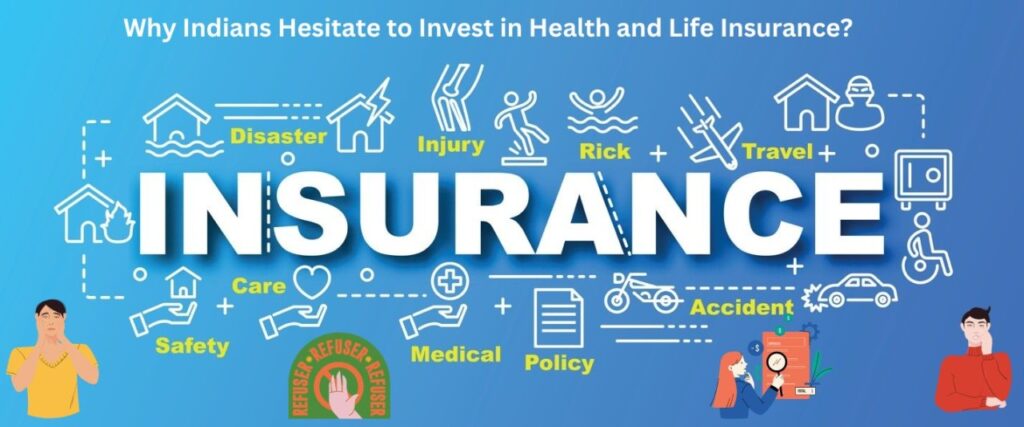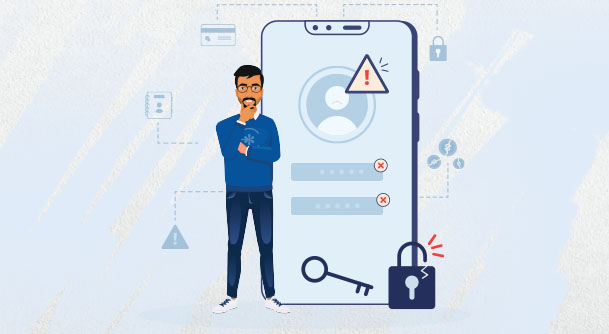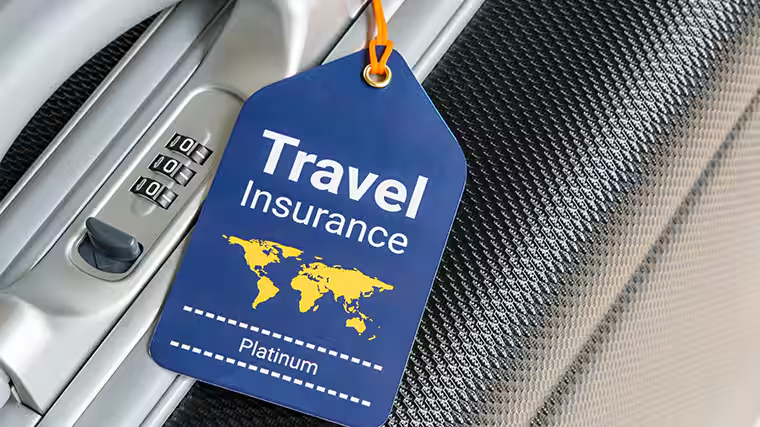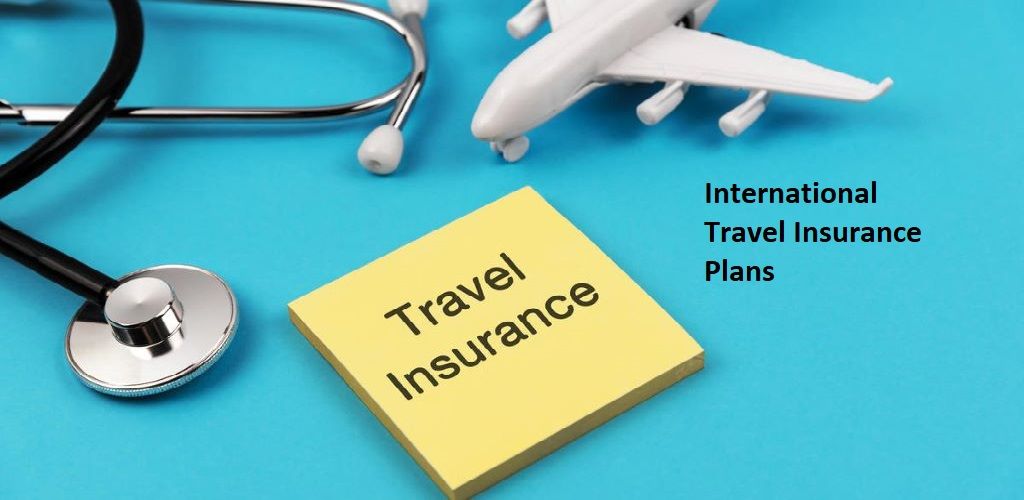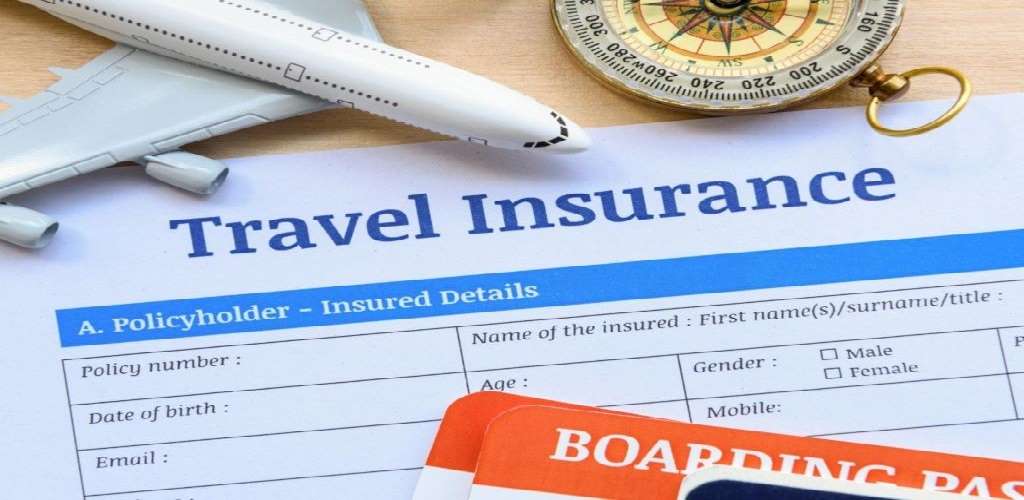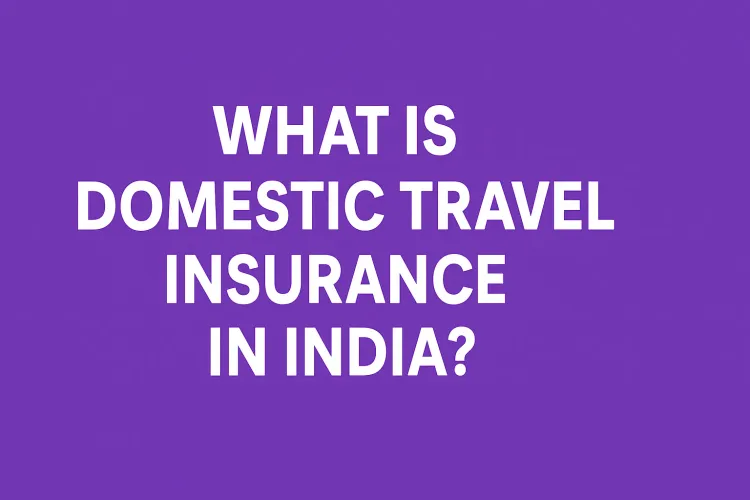Travel is exciting, liberating, and full of new experiences—but it can also be unpredictable. Flights get delayed, luggage goes missing, or a sudden medical emergency could disrupt your trip entirely. That’s where travel protection steps in. But do you really need it? Many travelers skip this step thinking it’s an unnecessary expense. In reality, trip insurance can save you both money and stress. Let’s explore why it’s worth considering for every journey.
What Is Travel Protection?
Travel protection, also called trip insurance, is a policy designed to cover financial losses during your travels. It can include:
- Medical emergencies
- Trip cancellations or interruptions
- Lost or delayed baggage
- Emergency assistance abroad
For travelers, it acts as a safety net. Even a short domestic trip can turn expensive if something goes wrong. Imagine a sprained ankle on a weekend getaway or a missed flight due to unforeseen circumstances—these incidents can cost hundreds or thousands of rupees. Travel coverage ensures you don’t have to bear these costs alone.
Why Travel Coverage Matters ?
Traveling without insurance is like walking a tightrope without a net. Here’s why insurance for travelers can be a lifesaver:
- Medical Coverage Abroad
Healthcare costs abroad can be astronomical. For instance, a minor accident in a foreign country could cost hundreds of dollars, while a major illness could escalate into thousands. Trip insurance covers these expenses, including hospital stays, doctor visits, and sometimes even medical evacuation if necessary. - Trip Cancellation or Interruption
Plans change, emergencies happen, and flights get canceled. Policies often reimburse non-refundable expenses if you have to cancel or cut short your trip. For example, if a natural disaster occurs at your destination, travel protection ensures you don’t lose all your money on hotels, flights, or tour packages. - Lost or Delayed Luggage
Losing luggage can be frustrating and expensive. Travel coverage reimburses essential items and helps track your belongings. Some policies even cover delayed baggage, so you can purchase necessities while waiting for your luggage to arrive. - Emergency Assistance Anywhere
Many policies provide 24/7 emergency support. If you face a medical emergency, lose your passport, or encounter legal issues, your provider can guide you through the necessary steps. Having access to reliable assistance while abroad is invaluable. - Peace of Mind
The true value of trip insurance isn’t just financial. It’s the confidence to explore new places without constant worry. Knowing you’re covered lets you focus on creating memories rather than stressing about what could go wrong.
Who Should Consider Travel Protection?
While it may seem optional for some, certain travelers benefit more than others:
- International travelers: Medical bills abroad can be extremely high.
- Families traveling with children: Kids can get sick, lose items, or require urgent care.
- Expensive or multi-destination trips: High prepaid costs mean higher risk.
- Adventure travelers: Those engaging in activities like skiing, trekking, or scuba diving may face additional risks.
Even domestic travelers can benefit from travel coverage, especially for costly trips where unforeseen cancellations could be a financial hit.
Types of Travel Coverage
Not all travel policies are the same. Understanding different types helps you pick the right one:
- Medical-Only Plans: Focus solely on medical emergencies and evacuation. Ideal for travelers with limited budgets.
- Comprehensive Plans: Cover medical emergencies, cancellations, lost baggage, travel delays, and more. Perfect for international and expensive trips.
- Single-Trip vs Annual Policies: Single-trip covers one journey, while annual plans cover multiple trips within a year. If you travel often, annual coverage is often more cost-effective.
- Adventure or Sports Coverage: Adds protection for high-risk activities that standard policies may exclude.
How to Choose the Right Travel Insurance
Choosing the wrong plan can be as risky as having none at all. Here’s what to look for:
- Coverage Limits: Ensure medical, cancellation, and baggage coverage match your needs.
- Exclusions: Check if pre-existing conditions, extreme sports, or pandemics are covered.
- Premium vs Benefits: Higher premiums often mean better coverage, but make sure it’s worth the cost.
- Provider Reputation: Go for trusted insurers with good claim settlement records.
- Policy Flexibility: Some policies allow adding family members or extending coverage mid-trip.
Tip: Always read the fine print. Many travelers buy insurance last minute and are surprised by exclusions.
Real-Life Scenarios
- Scenario 1: A couple traveling to Europe loses their luggage. With trip insurance, they are reimbursed for essentials, avoiding an expensive shopping spree abroad.
- Scenario 2: A solo traveler falls ill in a foreign country. Without travel protection, hospital bills would be overwhelming. With insurance, all medical costs are covered, including transportation if needed.
- Scenario 3: A family’s flight is canceled due to a storm. Their pre-paid hotel and tour bookings are reimbursed, saving thousands of rupees.
These examples show that travel coverage is not just a luxury—it’s a safety net.
Common Misconceptions About Travel Insurance
- “I’m healthy, I don’t need it.” Illness or accidents don’t discriminate.
- “It’s too expensive.” The cost is usually a small fraction of the trip’s total expenses.
- “My credit card covers emergencies.” Credit cards often provide limited benefits and may not cover everything, such as medical evacuation or lost baggage.
Final Thoughts
While nobody wants to think about emergencies, having travel protection is a smart move. The cost of a policy is small compared to potential financial shocks caused by medical emergencies, lost luggage, or trip cancellations. Whether traveling for leisure or business, domestic or international, insurance for travelers ensures a worry-free journey.



